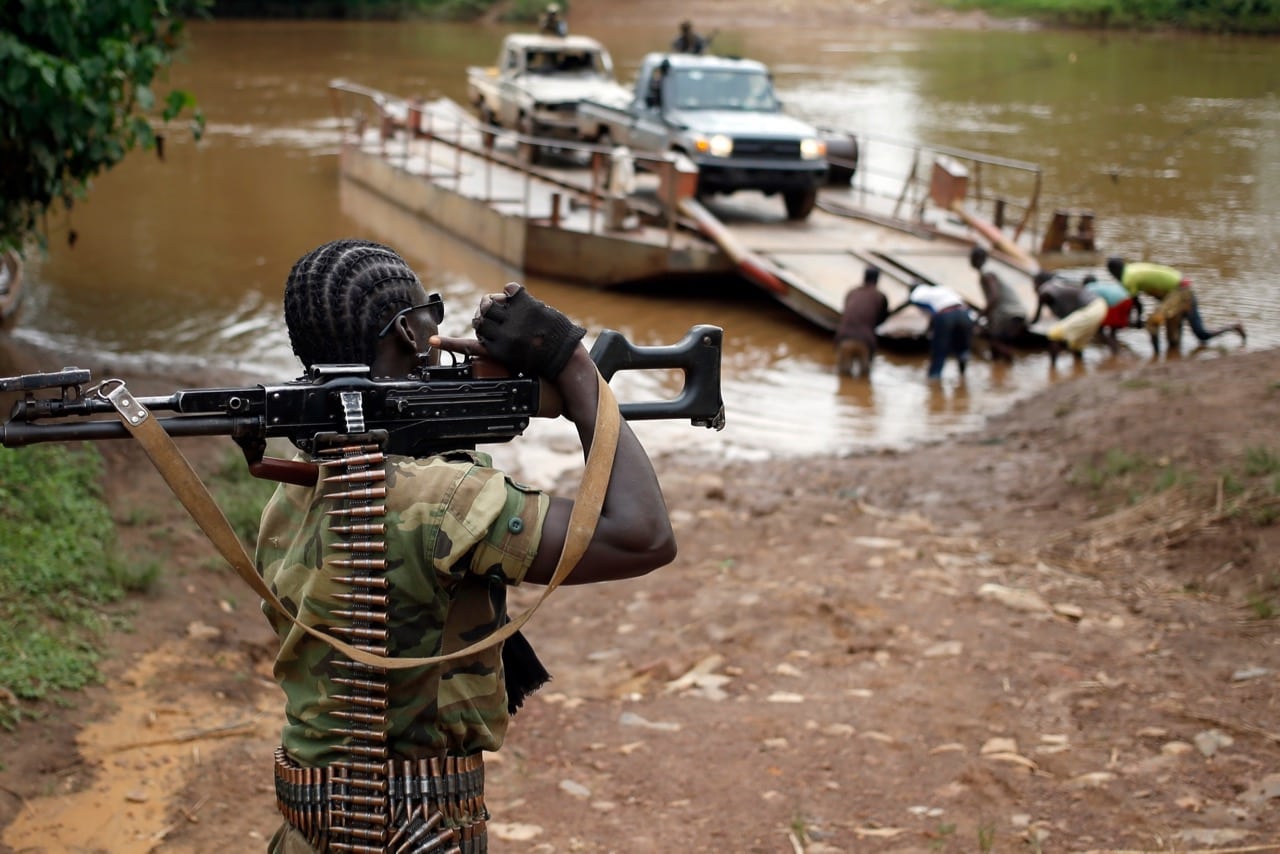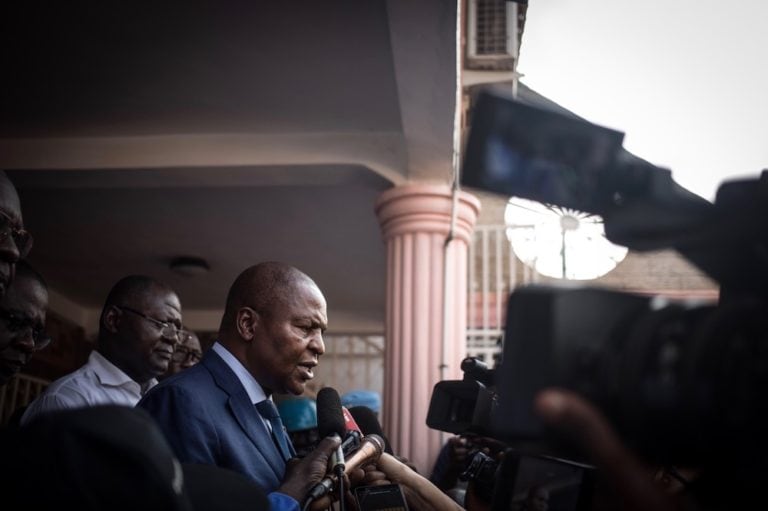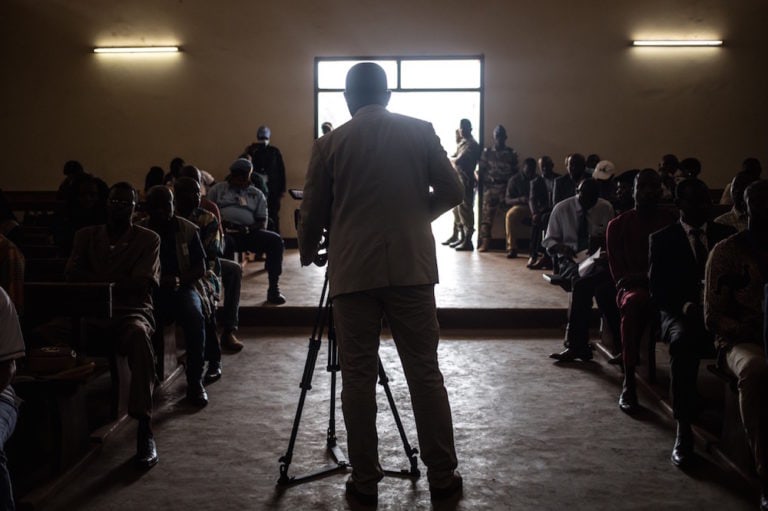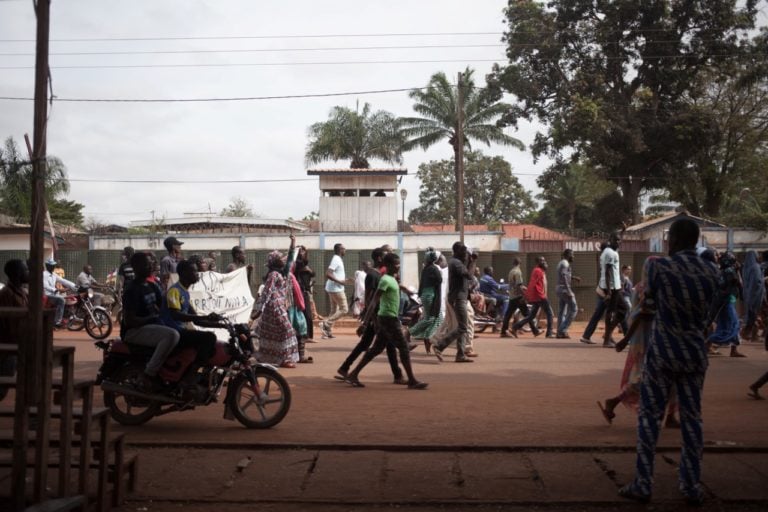A leading community radio station, Radio Mbari, has been forced to close after being threatened by armed groups in the Central African Republic.
This statement was originally published on rsf.org on 18 October 2017.
Reporters Without Borders (RSF) regrets that a leading community radio station in the southeast of the Central African Republic has been forced to close after being threatened by armed groups, and reminds all parties to the conflict of the need to respect media freedom and independence.
The main source of local news and information in the southeastern town of Bangassou and the surrounding region, Radio Mbari has been harassed and threatened repeatedly by rival armed factions, which accuse it of not broadcasting their messages with sufficient readiness.
The southeast of the CAR has seen violent clashes in recent months between local self-defence units and members of the UPC (Union for Peace in the CAR), a rebel group led by Ali Darass, a former leader of the now disbanded Seleka rebel coalition.
The violence reached a new level on 13 October 2017 when a member of a self-defence group burst into Radio Mbari and told staff to broadcast a communiqué that ordered Bangassou’s inhabitants not to go to the market in Tokoyo, one of the town’s districts.
The programme presenter wanted to have the communiqué approved by the head of programmes before broadcasting it, but the militiaman threatened him with his automatic weapon, forcing him to read it out on the air at once.
After this incident, the radio station’s management decided to temporarily suspend all broadcasting because of the growing violence.
Radio Mbari played a major role in restoring normality in Bangassou after an attack on the Tokoyo mosque in May and the ensuing exodus of thousands residents. It appealed for calm and allowed representatives of the different armed groups to speak on the air. Gira FM, a United Nations radio station that also broadcasts in the region, has less credibility and is seen by many as a propaganda outlet.
“The media’s role is to inform the public, not to serve as the mouthpiece of armed groups,” RSF said. “Threatening journalists is unacceptable. Under no circumstances can a conflict be used as an excuse for obstructing media freedom and independence.”
Since the presidential election that ended President Catherine Samba-Panza’s transitional government in March 2016, the security situation has worsened steadily in the CAR and fighting between armed groups has resumed throughout almost the entire county.
The CAR is ranked 113th out of 180 countries in RSF’s 2017 World Press Freedom Index.



